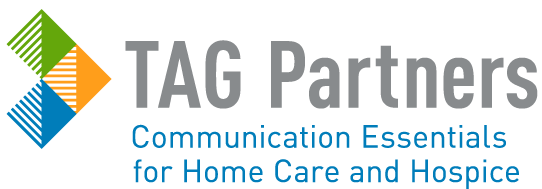Participating in strenuous outdoor activities on a hot summer day can put you at risk of a heat-related illness. If you play sports or work outdoors you should take precautions to guard against heat exhaustion or heatstroke.
Some tips to help you beat the heat:
Drink plenty of water and avoid alcoholic beverages.
Replenish depleted salt by drinking sports drinks or electrolyte fortified waters.
Plan outdoor activities in the morning or late afternoon to avoid the extreme midday heat.
Take frequent cooling breaks and don’t overexert yourself.
Wear a brimmed hat and lightweight clothing.
Heat exhaustion left untreated can lead to a heatstroke. The signs of heat exhaustion can be similar to that of the flu. If you are feeling overheated, clammy, or light headed, are sweating heavily, and your heart is racing, you may be experiencing heat exhaustion. To relieve heat exhaustion, you should get out of the heat, rehydrate, and lower your body temperature as soon as possible. Ignoring the signs of heat exhaustion can lead to a more serious and possibly fatal heatstroke!
Indications of a heatstroke include:
Body temperature that exceeds 103֯
Disorientation, dizziness, or loss of consciousness
Hot, flushed, dry skin
Nausea and vomiting
Heavy perspiration
Rapid, strong heart rate
Headache
If you think someone may be having a heatstroke immediately move them out of the heat, cool them down by whatever means available, and call 911! Immerse them in cool water, or douse them with a garden hose for a quick cool down. Place ice packs around the person’s neck, armpits, and groin until help arrives.
Promote heat safety throughout the summer on your social media outlets. Provide your home care nurses and health care aides with access to hydration throughout the day.
Partner with TAG! Your source for patient educational materials.


